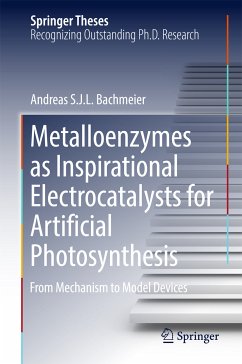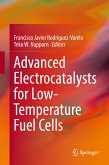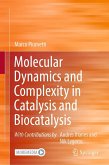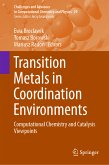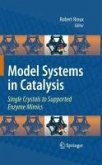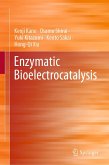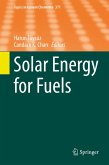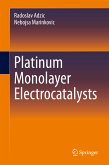This thesis describes a series of investigations designed to assess the value of metalloenzymes in systems for artificial and adapted photosynthesis. The research presented explores the interplay between inherent enzyme properties such as structure, rates and thermodynamics, and the properties of the semiconducting materials to which the enzyme is attached. Author, Andreas Bachmeier provides a comprehensive introduction to the interdisciplinary field of artificial photosynthesis, allowing the reader to grasp the latest approaches being investigated, from molecular systems to heterogeneous surface catalysis. Bachmeier's work also uses metalloenzymes to highlight the importance of reversible catalysts in removing the burden of poor electrocatalytic rates and efficiencies which are common characteristics for most artificial photosynthesis systems. Overall, this thesis provides newcomers and students in the field with evidence that metalloenzymes can be used to establish new directionsin artificial photosynthesis research.
Dieser Download kann aus rechtlichen Gründen nur mit Rechnungsadresse in A, B, BG, CY, CZ, D, DK, EW, E, FIN, F, GR, HR, H, IRL, I, LT, L, LR, M, NL, PL, P, R, S, SLO, SK ausgeliefert werden.

